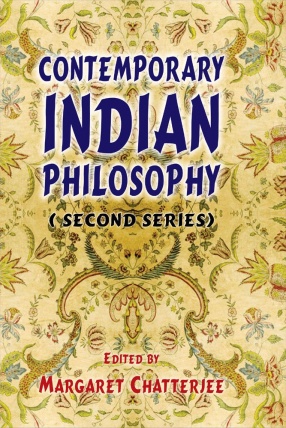
Margaret Chatterjee

Showing all 10 books
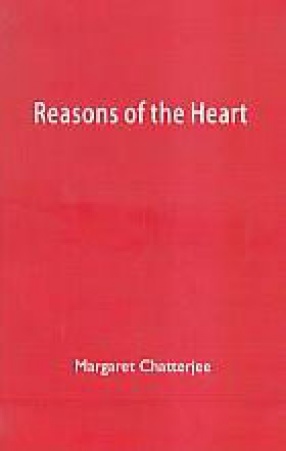
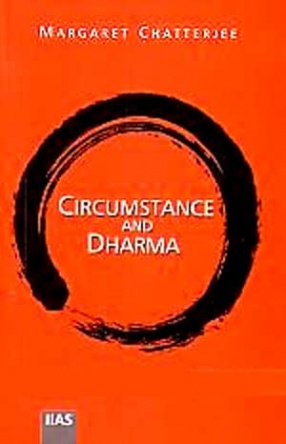
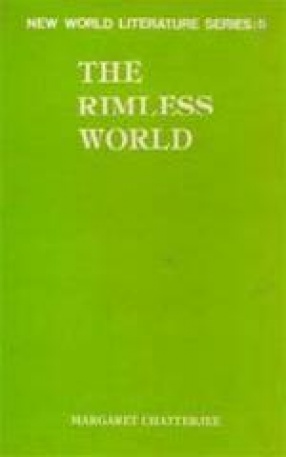
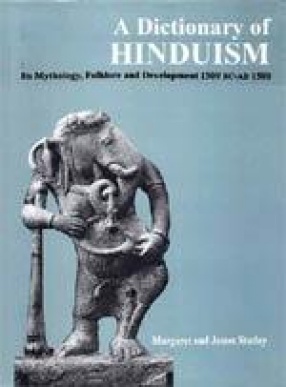


This volume has been designed to present a selection of discussions by contemporary Indian philosophers on problems of current philosophical concern. It has not aimed at providing accounts of any of the traditional systems of Indian thought. At the same time, unlike in the case of compiling volumes on contemporary philosophical thinking in other countries, an editor concerned with Indian philosophy is confronted by the fact that there is a tremendous corpus of ...

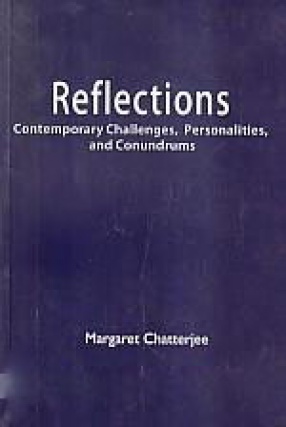
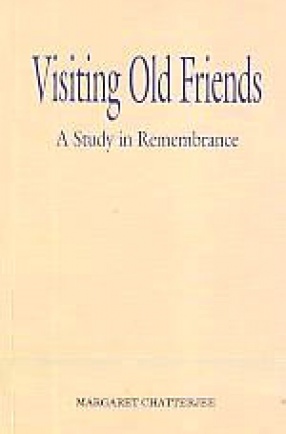

Four lectures delivered by the author at the Indian Institute of Advanced Study in 2008.

Margaret Chatterjee's fifth collection of verse draws on her varied experience as philosopher, musician, critic and traveler. The poems include highly condensed short works which take flight from an image, and longer ones which deal with the narrative of experience. She combines an Indian rootedness of concern with a wide-ranging transcendence of frontiers. This is evidenced most of all in the title poem which is the key to the rest. Her work shows the ...

This encyclopaedic dictionary has proved indispensable for all those interested in Hinduism, whether specialist, student or general reader. The dictionary comprises about 2,500 romanised Sanskrit subject-headings with their English equivalents, explanations and etymology. An index of English subjects with Sanskrit equivalents, and an extensive bibliography are appended. The dictionary indexes and describes the mythology, folklore, religion, philosophy, literature ...
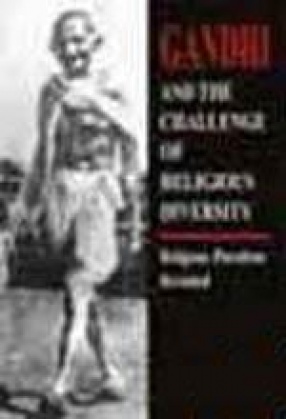
In this book the author relates Gandhi’s response to the challenge of religious diversity to his awareness of other pluralities – social, economic and political. To Gandhi, religion was not an isolated marker of identity. Beginning with his own Hindu heritage, his relations with Muslims, Christians, Jains and Jews are presented as the basis for his faith that separate heritages could be shared and all could engage in common tasks. His early contact with ...


